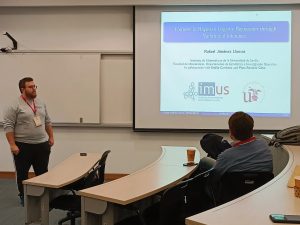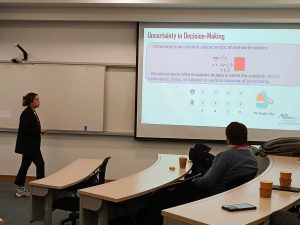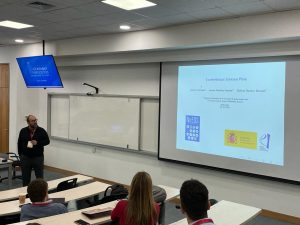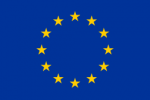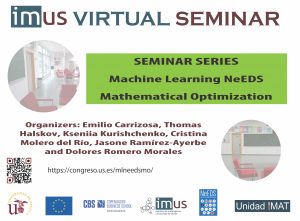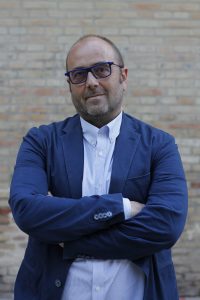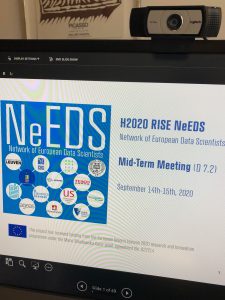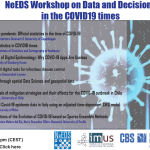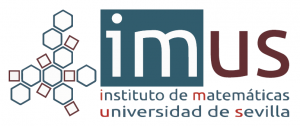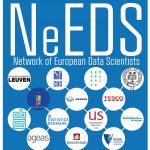
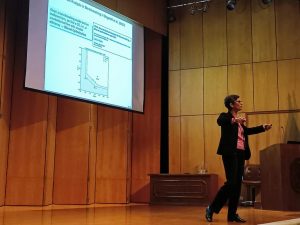 Dolores Romero Morales gave a keynote speech at the 23rd IFORS Triennial Conference in Santiago, Chile, July 10 – 14, 2023, to present the NeEDS work on explainability and fairness in Machine Learning. This is the flagship conference of the International Federation of Operational Research Societies (IFORS), that is held every three years alternating with the EURO and the International INFORMS conferences. Read more here.
Dolores Romero Morales gave a keynote speech at the 23rd IFORS Triennial Conference in Santiago, Chile, July 10 – 14, 2023, to present the NeEDS work on explainability and fairness in Machine Learning. This is the flagship conference of the International Federation of Operational Research Societies (IFORS), that is held every three years alternating with the EURO and the International INFORMS conferences. Read more here.
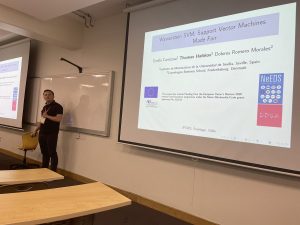
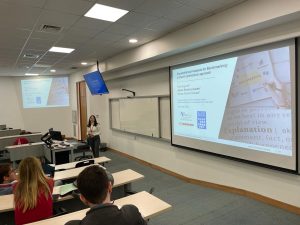
NeEDS organised also a stream of sessions on “Mathematical Optimization for XAI” at IFORS2023:
Organizers
Emilio Carrizosa, IMUS-Instituto de Matemáticas de la Universidad de Sevilla
Jochen De Weerdt, Katholieke Universiteit Leuven
Thomas Halskov, Copenhagen Business School
Jasone Ramírez Ayerbe, IMUS-Instituto de Matemáticas de la Universidad de Sevilla
Dolores Romero Morales, Copenhagen Business School
Number of sessions in the stream: 4
Number of talks in the stream: 15
NeEDS speakers in the stream:
Nuria Gómez-Vargas (USE)
Rafael Jiménez-Llamas (USE)
Emilio Carrizosa (USE)
Jasone Ramírez-Ayerbe (USE)
Thomas Halskov (CBS)
Elena Tiukhova (KU Leuven)
Sergio Celis (Universidad de Chile)
Cecilia Saint-Pierre (Universidad de Chile)